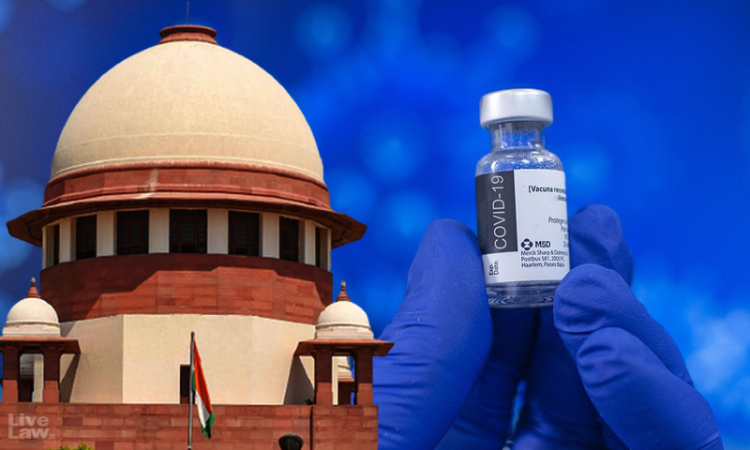Vaccine Mandates Are Reasonable Restrictions In Larger Public Interest : States Before Supreme Court
Sohini Chowdhury
22 March 2022 2:28 PM IST

Next Story
22 March 2022 2:28 PM IST
The States of Tamil Nadu, Maharashtra and Madhya Pradesh on Tuesday justified the government orders which mandated the taking of COVID vaccines to avail public utilities and access public places.A bench comprising Justices L Nageswara Rao and BR Gavai was hearing a writ petition filed by Dr.Jacob Puliyel, a former member of the National Technical Advisory Group on Immunisation, seeking the...
